Research partners advance AAV gene therapy for heart disease
Drug Discovery World
AUGUST 7, 2023
The collaboration will work on developing exosome-encapsulated AAV (exoAAV) vectors as a novel gene delivery technology aimed at improving treatments for heart disease. Susmita Sahoo, Associate Professor of Medicine, Cardiology at Icahn Mount Sinai has been exploring the use of exosomes in gene therapy for several years.


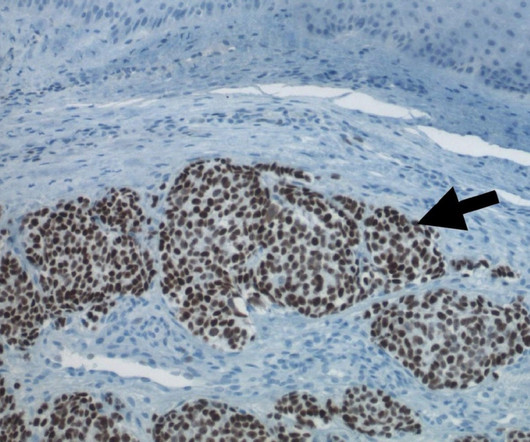

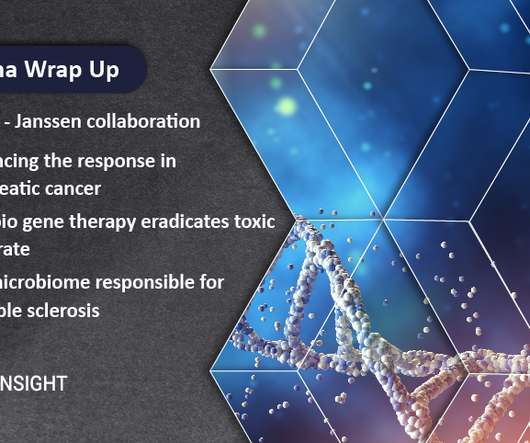

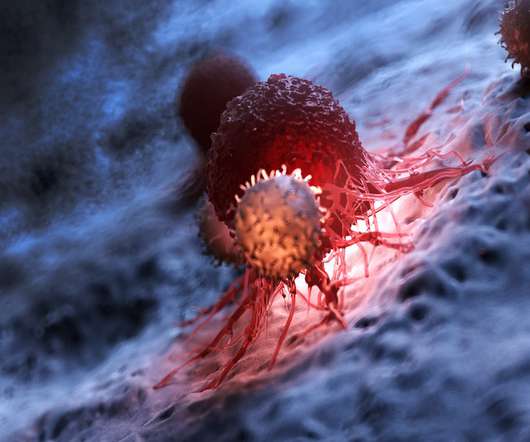
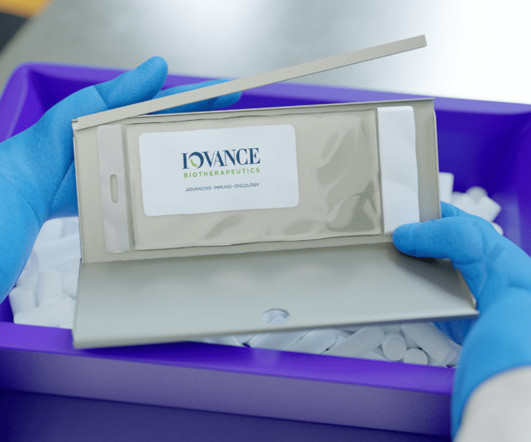



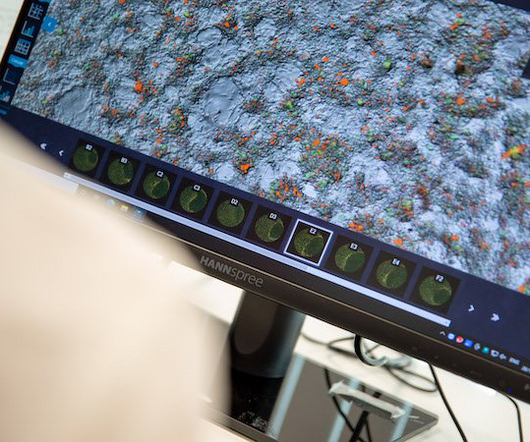

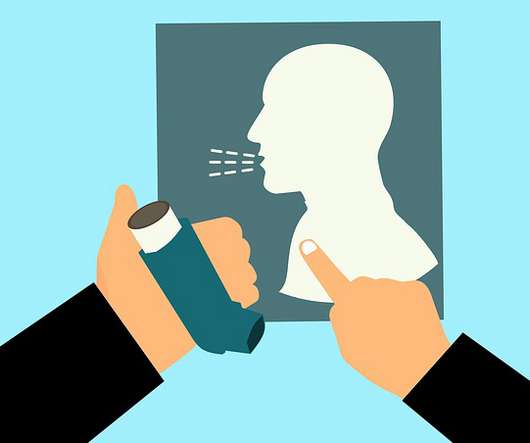

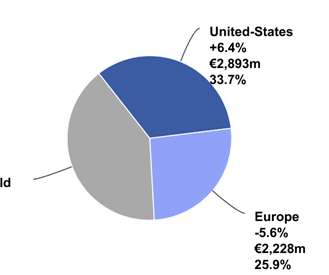







Let's personalize your content